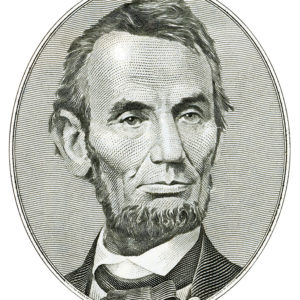If you’ve ever held a penny, memorized the Gettysburg Address in school, or visited that big marble memorial in Washington, you’ve heard of Abraham Lincoln. But you’ve probably never heard of Abraham Lincoln II. Since we honor our presidents in February, it’s the perfect time to discover the grandson Abe Lincoln never met. The story begins with Lincoln’s end. On […]

